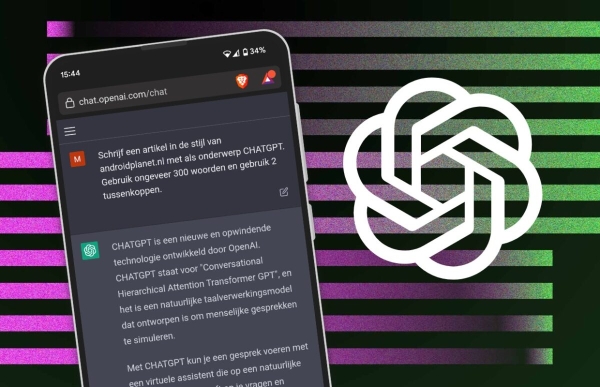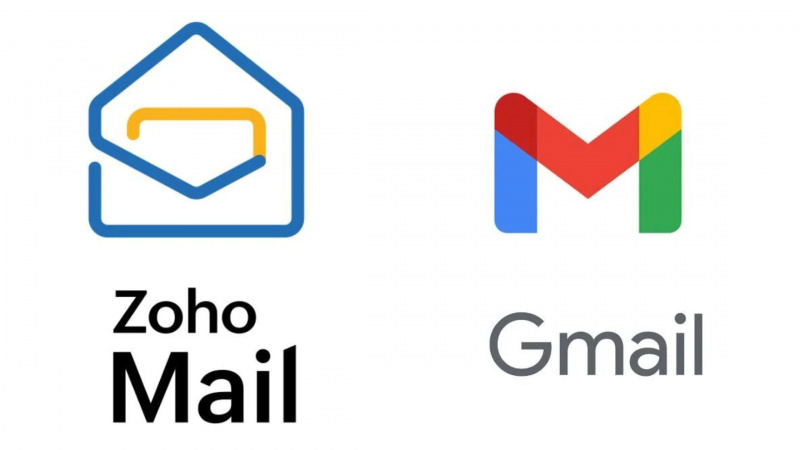The Top 10 Limitations Of Open AI's ChatGPT
By understanding the limitations of ChatGPT, we can gain a better understanding of the potential drawbacks and challenges of using AI language models in differe
- by B2B Desk 2023-03-07 06:13:44
By understanding the limitations of ChatGPT, we can gain a better understanding of the potential drawbacks and challenges of using AI language models in different contexts.

Lack of common sense: While ChatGPT can generate human-like responses and has access to a large amount of information, it lacks human-level common sense, and the model also lacks the basic knowledge that we have. This means that ChatGPT can sometimes provide irrational or inaccurate answers to certain questions or situations.
Lack of emotional intelligence: While ChatGPT can generate seemingly sympathetic responses, it does not possess true emotional intelligence. Cannot detect subtle emotional cues or respond appropriately to complex emotional situations.
Limitations in understanding context: ChatGPT has difficulty understanding context, especially sarcasm and humor. While ChatGPT is adept at language processing, it may have difficulty understanding the nuances of human communication. For example, if a user were to use sarcasm or humor in her message, ChatGPT may not capture the intended meaning and instead provide an inappropriate or irrelevant response.
Issue generating long-form structured content: ChatGPT is currently having some issues generating long-form structured content. While the model can create grammatically correct and coherent sentences, it may have difficulty producing long pieces of content that follow a specific structure, format, or narrative. As a result, ChatGPT is currently better suited for creating shorter pieces of content, such as summaries, bullet points, or short explanations.
Limitations on handling multiple tasks at the same time: The model works best when given a task or goal to focus on. If you ask ChatGPT to perform multiple tasks at once, it will have a hard time prioritizing them, resulting in lower efficiency and accuracy.
Potentially biased responses: ChatGPT is trained on a large set of textual data, and this data may contain bias or bias. This means that the AI can sometimes inadvertently produce biased or discriminatory responses.
Limited knowledge: Although ChatGPT has access to a large amount of information, it is not capable of accessing all the knowledge that humans possess. You may not be able to answer questions on very specific or specialized topics, and you may not be aware of recent developments or changes in certain areas.
Accuracy or syntax issues: ChatGPT's sensitivity to typos, grammar, and spelling errors is limited at this time. The form may also generate responses that are technically correct, but may not be completely accurate in terms of context or relevance. This limitation can be particularly challenging when processing complex or specialized information, where precision and accuracy are critical. You should always take steps to verify the information that ChatGPT generates.

Need for fine tuning: If you need to use ChatGPT for very specific use cases, you may need to tune the model to get what you need. Fine tuning involves training the model on a specific data set to improve its performance for a specific task or goal, and can be time and resource intensive.
Computational costs and power: ChatGPT is a very complex and sophisticated AI language model that requires significant computational resources to run efficiently, which means running the model can be expensive and may require access to specialized hardware and software systems . Additionally, running ChatGPT on low-quality hardware or on systems with limited computational power can cause slow processing times, reduced accuracy, and other performance issues. Organizations should carefully consider their computing capabilities and resources before using ChatGPT.
This field is developing rapidly, OpenAI is currently developing a new version of ChatGPT that is likely to be released later this year.
Also Read: Top 10 Largest Malls in India in 2023
POPULAR POSTS
The Agentic Revolution: Why Salesforce Is Betting Its Future on AI Agents
by Shan, 2025-11-05 10:29:23
OpenAI Offers ChatGPT Go Free in India: What’s Behind This Big AI Giveaway?
by Shan, 2025-10-28 12:19:11
Zoho Products: Complete List, Launch Years, and What Each One Does
by Shan, 2025-10-13 12:11:43
Arattai vs WhatsApp: Which Messaging App Should You Choose in 2025?
by Shan, 2025-10-10 11:55:06
Top Buy Now Pay Later (BNPL) Apps for Easy Shopping in 2025
by Shan, 2025-09-22 10:56:23
iPhone 17 Sale in India Begins: Full Price List, Launch Offers and Store Availability
by Shan, 2025-09-19 12:00:45
Apple September 2025 Event Recap: iPhone 17, iPhone Air, Apple Watch Series 11, and India Pricing Revealed
by Shan, 2025-09-10 09:55:45
RECENTLY PUBLISHED

Loan EMIs to Drop as RBI Slashes Repo Rate - Full MPC December 2025 Highlights
- by Shan, 2025-12-05 11:49:44

Pine Labs IPO 2025: Listing Date, Grey Market Premium, and Expert Outlook
- by Shan, 2025-11-05 09:57:07

Top 10 Insurance Companies in India 2026: Life, Health, and General Insurance Leaders Explained
- by Shan, 2025-10-30 10:06:42

Best Silver Investment Platforms for 2025: From CFDs to Digital Vaults Explained
- by Shan, 2025-10-23 12:22:46

Zoho Mail vs Gmail (2025): Which Email Platform Is Best for Businesses, Startups, and Students?
- by Shan, 2025-10-09 12:17:26

PM Modi Launches GST Bachat Utsav: Lower Taxes, More Savings for Every Indian Household
- by Shan, 2025-09-24 12:20:59




 Subscribe now
Subscribe now 